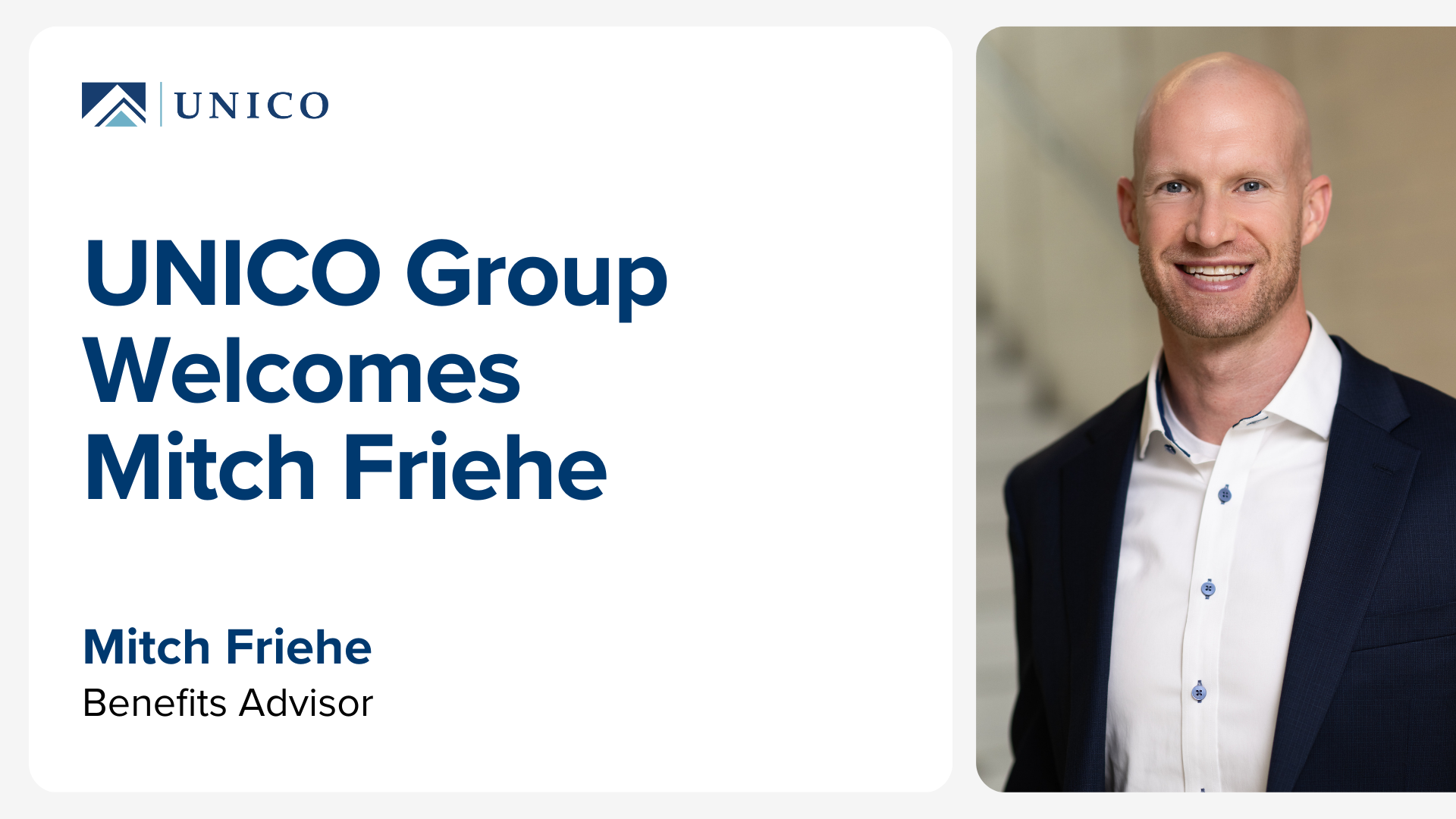The National Council on Compensation Insurance (NCCI) is making alterations to its experience modification factor for 2024. These changes are slated to go into effect on each state’s regular filing date on or after Nov. 1, 2023.
The NCCI governs the workers’ compensation system in 36 states. The rollout will begin with the District of Columbia and West Virginia and conclude with Rhode Island on Aug. 1, 2024.
The formula itself will remain unaltered; however, there are adjustments in how certain foundational components of the formula are derived to more accurately account for cost variations among states.

Changes to NCCI Experience Mod Factor
There are two specific changes that are being made to NCCI’s experience modification factor:
- A transition from a nationwide primary/excess split point to a state-specific split point and implementation of state-specific split points.
- A revision of the calculation of the state accident limitations.
These changes may appear minimal, as the fundamental experience modification factor formula and methodology remain unchanged; however, these changes have the potential to increase or decrease employer premiums.
Why Are Changes Being Made to the Experience Mod?
The changes are being made to better reflect each state’s average claim costs and align with other state-specific variables. In addition, the NCCI states the revisions will improve plan performance by providing:
- Enhanced precision and predictability in experience rating modifications
- Experience rating modifications that equitably account for primary and excess losses in states with diverse cost structures
- Improved performance of the experience rating plan, particularly in states with substantial variations in claim costs compared to the national average
- Experience rating modifications with reduced sensitivity to exceptionally large outlier claims while maintaining predictive accuracy
- Consistent calculation of each employer’s anticipated claim count, resulting in a fairer allocation of credibility to each employer’s loss history
- Reconfigured credibility parameters that enhance fairness among employers
- Streamlined calculations by eliminating unnecessary complexities
What Are State-Specific Split Points?
The split point plays a crucial role in the workers’ compensation experience rating formula. It represents the specific dollar threshold at which each claim is divided into two distinct components:
1. Primary— Comprising the expenses of each claim incurred below the split point
2. Excess— Comprising the expenses of each claim incurred above the split point
Primary costs are given full weight in the experience algorithm. Excess costs, on the other hand, receive only partial weight in the experience algorithm. For instance, if the split point stands at $15,000, a claim amounting to $50,000 would contribute $15,000 to the primary category and $35,000 to the excess category.
In the computation of the experience rating modification, primary losses carry more weight than excess losses. Consequently, primary losses have a more substantial impact on the experience rating modification.
What is the D-ratio?
The D-ratio represents the expected percentage of losses that fall below the split point. Currently, the split point is uniform across states where NCCI provides rate-setting services. However, the average D-ratio in a state depends on the split point and the average claim costs within that state. Consequently, a uniform split point results in a widely varying average D-ratio among states.
The proposed approach seeks to standardize the average D-ratio across states at around 40% by introducing a state-specific split point. This adjustment allows the split point to mirror the average claim costs specific more accurately to each state. Consequently, experience rating modifications will provide a more equitable allocation of primary and excess losses across states with differing cost levels.
For instance, instead of a uniform split point value of $18,500 for all states, the proposed plan would assign a higher split point value, like $25,000, to a state with above-average claim severity, while a state with below-average claim severity might have a split point value of $15,000.
Why Are State-Specific Split Points Important?
The utilization of state-specific split point values, reflective of individual state cost variations, aims to align the significance given to actual employer loss experiences in the calculation of experience rating modifications across states. This is expected to result in improved and more comparable plan performance in states where claim costs deviate significantly from the national average.
Given the considerable disparities in average claim costs among NCCI states, it is crucial that the experience rating modification mirrors these cost variations, similar to how loss costs and rates differ by state. Tailoring the split point to account for these cost differences is a significant stride toward aligning performance across states, resulting in a more precise and predictive experience rating modification compared to uniformly applying a nationwide split point.
To respond to fluctuations in claim costs and uphold consistency with other factors influencing experience rating, the split point value is expected to be modified in tandem with the annual loss cost and rate filings for each state. This adaptation will rely on an assessment of yearly shifts in severity between the average loss date during the initial implementation year and the effective year.
These changes will affect each state differently. Some businesses will have higher experience modifications, and others will have lower ones.
Methodology for State Accident Limitations
The state per claim accident limitation (SAL) serves to mitigate the impact of significant claims on the experience rating modification, as exceedingly large outlier claims are typically not indicative of future loss patterns. By adopting a state-level approach that considers the 95th percentile of lost-time claims, the SAL is designed to address the most substantial 5% of such claims.
The revised definition of the SAL results in lower caps across all states. This adjustment makes experience rating modifications less responsive to exceptionally large outlier claims while still maintaining their ability to predict future loss trends accurately.
Who is Affected by Experience Mod Changes?
NCCI-governed states include Alaska, Alabama, Arkansas, Arizona, Colorado, Connecticut, District of Columbia, Florida, Georgia, Hawaii, Iowa, Idaho, Illinois, Kansas, Kentucky, Louisiana, Maryland, Maine, Missouri, Mississippi, Montana, Nebraska, New Hampshire, New Mexico, Nevada, Oklahoma, Oregon, Rhode Island, South Carolina, South Dakota, Tennessee, Texas, Utah, Virginia, Vermont and West Virginia.
Independent bureau states like North Carolina, Indiana, Michigan, Massachusetts, Minnesota and Wisconsin are presently in the process of evaluating the proposed changes by NCCI and will communicate their adoption decisions once they have made a decision.
Other states like New York, Pennsylvania, Delaware, New Jersey and California, which operate with distinct experience rating plans, won’t be affected by these modifications.
How Will Experience Mod Changes Impact My Organization?
No significant statewide premium impact is expected from the proposed. The overall average adjustment to experience rating modifications in each state is not anticipated as a result of these proposed revisions.
The impact on individual employer-level adjustments in experience rating modifications will differ and can be offset by changes in loss occurrences and regular updates to rating criteria. It is projected that experience rating modifications for the majority of employers will undergo changes of less than +/-5%. This means that for some individual employers, their premiums could increase.

Duana Freeman, CWCA, AIC, ARM
Work Comp Claims Advocate
The content of this News Brief is of general interest and is not intended to apply to specific circumstances. It should not be regarded as legal advice and not be relied upon as such. In relation to any particular problem which they may have, readers are advised to seek specific advice. © 2023 Zywave, Inc. All rights reserved.




